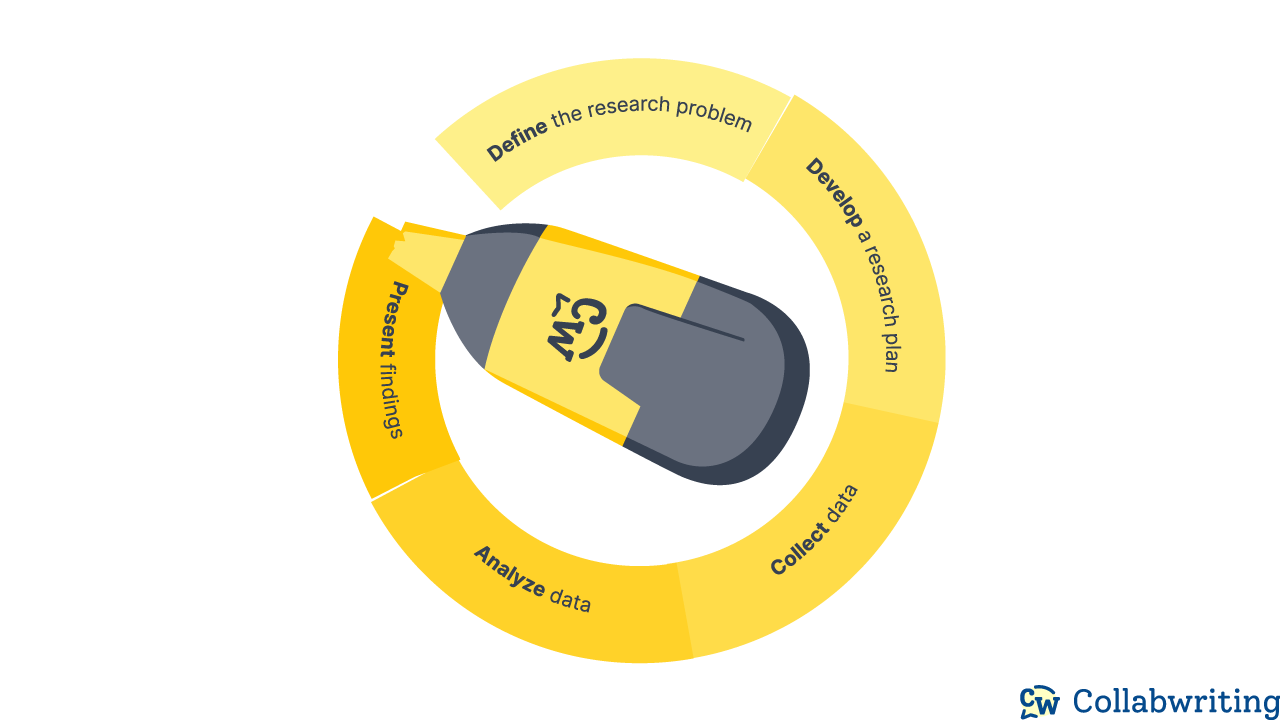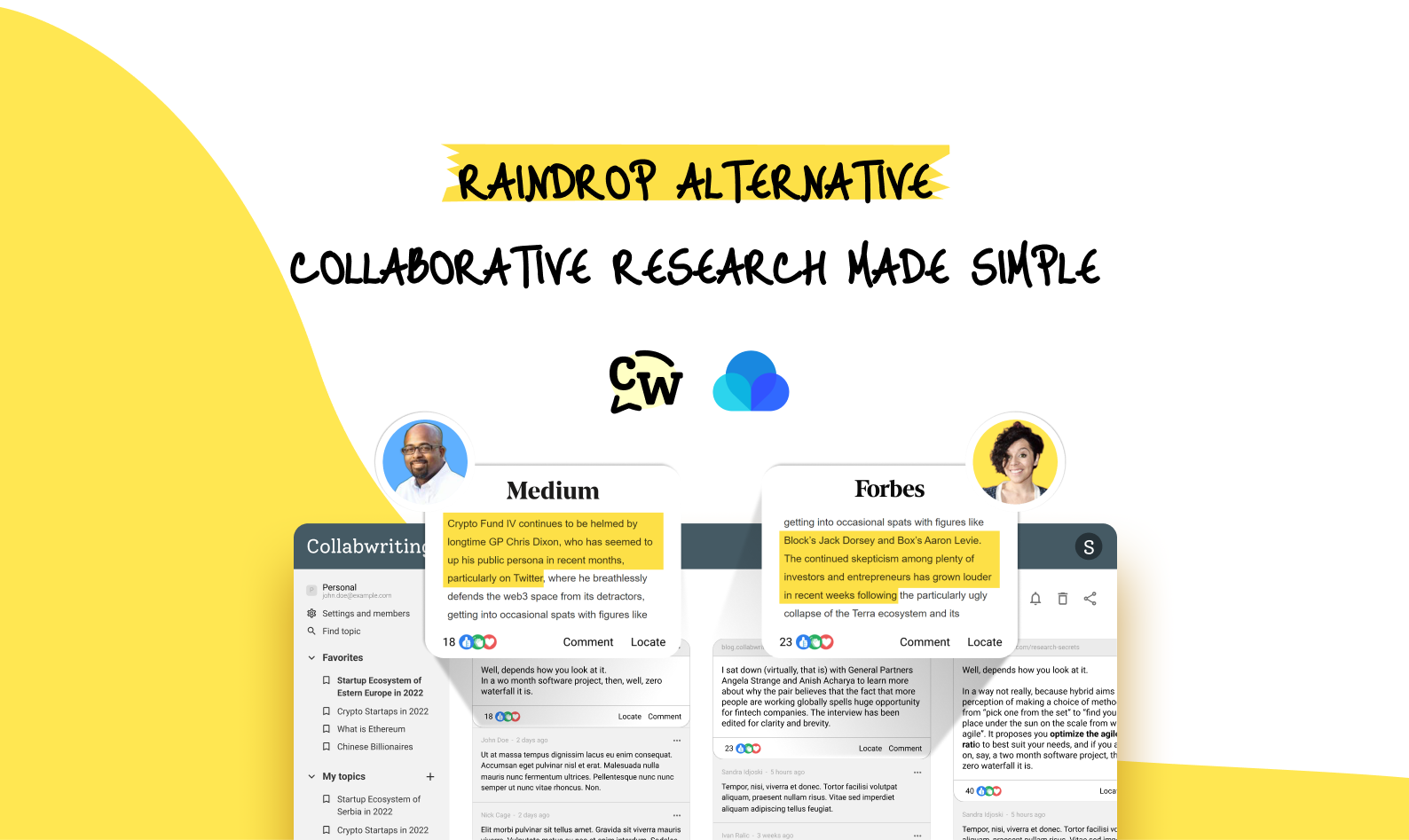Every year, companies pour time, energy, and money into launching new products, services, or entering unfamiliar markets, often driven by a gut feeling that this idea will take off.
The harsh reality, yet, often reveals an entirely different story.
The businesses that succeed aren't just lucky. They rely on solid, trustworthy data to guide their decisions. With the right research, you get a clear view of whether your idea solves a real problem or if it's just wishful thinking.
Market research helps you understand what your target audience actually wants, how they behave, and what problems they're trying to solve.
With that knowledge, you can shape your product or message to meet the market where it is - not where you hope it is.
So, what is market research, really?
An in-depth look at the term Market research
Market research is the process of gathering, analyzing, and interpreting information about a market, your target audience, competitors, or industry trends.
It helps you make smarter decisions by answering questions like:
- Is there demand for my product?
- Who are my ideal customers?
- What are my competitors doing right (or wrong)?
- What pricing or positioning will work best?
- How are trends changing?
Think of it like being a detective. You collect clues through surveys, interviews, analytics, and online research, and use them to uncover insights that help you move with clarity, not guesswork.
Why Is Market Research Important?
Without market research, you're basically guessing.
But with it? You're making decisions based on real data, not gut feelings.
Here's why that matters:
- You get to test your ideas before investing too much in them
- You find out what people actually want (not just what you think they want)
- You spot where things are heading in your industry and stay ahead of the curve
- You reduce the chances of things flopping and increase the chances of real success
Whether you're just starting out or running an established business, market research gives you the clarity and confidence to move in the right direction.
The 4 Most Common Types of Market Research
Sure, you can always Google things, but when it comes to really understanding your audience, these four methods are the go-to:
1. Surveys
Quick, scalable, and to the point. Surveys help you collect data from a large group of people, fast. Perfect when you want to see patterns in opinions or behaviors.
2. Interviews
More personal and in-depth. Talking one-on-one with someone gives you rich, detailed insights that a checkbox never could.
3. Focus Groups
Get a group of people talking, and you'll hear things you didn't even think to ask. These sessions show you how people really feel about your product or idea.
4. Customer Observation
Sometimes, actions speak louder than words. Watching how people use your product in real-time can reveal pain points, habits, and opportunities you might miss otherwise.

Ultimately, market research reveals the hidden secrets of markets, helping businesses decode valuable insights and make informed decisions. It's an exciting journey of discovery that shapes successful marketing campaigns.
The 5 Key Phases of Market Research (Made Simple)
- Define the research problem
Start by identifying what you want to learn or solve. Are you exploring a new market, testing a product idea, or understanding customer behavior?
Defined research problem keeps your focus sharp and ensures you collect the right data.
- Develop a research plan
Once you define the research problem, the next step is to create a research plan. This plan outlines the specific research objectives, questions, and methods you will use for data collection and analysis.
- Collect data
The data collection phase is the third step in market research. You can accomplish this through mixed methods, such as conducting surveys, organizing focus groups, conducting interviews, or using existing data sources.
- Analyze results
After data collection, the next step is data analysis. This involves reviewing the collected data, using data processing services if needed, identifying patterns and trends, and interpreting the results.
- Present findings
The final stage of the marketing research process is presenting the research findings. This often involves creating a detailed report or sharing a presentation that highlights the key findings and recommendations based on the collected data.

When to Conduct Market Research?
Picking the right time to conduct market research depends on various factors and your business objectives.
Here are some of the most common (and important) times to do market research:
Launching a new product or service
Before launching a new product, conducting market research can give you helpful insights into customer preferences, demand, and the competitive landscape.
This helps you validate your idea and ensures that you meet the needs of your target audience.
Expanding into new markets
If you're looking to enter a new geographical area or target a different customer segment, market research can help you understand the unique characteristics, preferences, and behaviors of that market.
It helps you to adapt your strategies and offerings to meet the specific needs of your target audience.
Assessing market trends
Markets are always changing, so it's important to stay updated on the latest trends and shifts. Conducting market research regularly helps you monitor industry changes, spot emerging opportunities, and adjust your strategies as needed.
Evaluating customer satisfaction and loyalty
Regularly assessing customer satisfaction and measuring loyalty to your brand helps you identify areas for improvement and develop retention strategies.
Market research methods like surveys, focus groups, and customer feedback analysis can offer valuable insights in this area.
Competitor analysis
Understanding your competitors' strengths, weaknesses, strategies, and market positioning is essential for staying competitive.
Market research can reveal important information about your competitors' offerings, target audiences, pricing, and marketing tactics.
Making strategic business decisions
When you face major business decisions like pricing changes, product modifications, or marketing campaigns, market research can provide data-driven insights to support your choices and reduce risks.
Strategic Research Timing - Don't Let Analysis Paralysis Win
A clear strategic purpose is crucial in research because too much information can overwhelm individuals or groups, making it difficult for them to process and use the data effectively.
Although it may be tempting to view all information as valuable for decision-making, the truth is that much of it is irrelevant and can lead to confusion or misguided applications.
"Analysis paralysis" often arises when organizations fail to prioritize useful information aligned with goals, causing internal debates and indecisiveness.
That’s why it’s important to consider the following factors when decision-makers need research:
- When should we get the necessary information to support our decision-making?
- Once we have the information, how long is needed to analyze it before taking action?
- What are the consequences of making the wrong decision without the required information?
- What are the opportunity costs if we postpone research?
Addressing these questions is essential to determine the right timing for your research. This helps minimize potential costs and risks while ensuring informed decision-making without unnecessary delays.
The goal isn't to collect all the data - just the right data, at the right time.

Collabwriting - Shareable Notes on Web Pages and PDFs
Collabwriting allows you to gather all your online sources in one place. Just highlight, save, and collaborate with anyone on any content you find online.
Common Market Research Challenges
Market research is powerful, but not always easy. Here are some challenges you might face:
- Getting access to the right audience
- Analyzing too much or irrelevant data
- Budget and time constraints
- Biased or unclear survey questions
📌 For a deeper dive into these challenges (and how to solve them), check out this post 👉🏼 Top Market Research Challenges - And How to Overcome Them [2025]
How Collabwriting Helps With Market Research
Market research often means juggling dozens of tabs, articles, reports, and screenshots, and before you know it, your insights are scattered and hard to track.
Collabwriting makes the process smoother and smarter.
You can highlight key findings from web pages, PDFs, or videos, add comments for context, tag your research by topic, and collaborate with teammates - all in one place.
Instead of dumping info into spreadsheets or losing links in docs, Collabwriting keeps everything organized, searchable, and tied to its original source.
Whether you're tracking competitors, gathering customer feedback, or analyzing trends, Collabwriting helps you stay focused and turn information into insights that actually drive decisions.
Final Notes
Without market research, it's becoming harder than ever to stand out and succeed in 2025.
Really understanding your audience, catching new trends early, and making smart decisions all start with having good data in hand.
Think of market research as your first step - the foundation you need before building anything else. When you collect and analyze your own insights, you’re in a much better spot to create marketing strategies that work, improve your products, and keep up with what your customers actually want.
So before you dive into your next big move, take a moment to step back and let solid market research lead the way.
What is market research?
Market research is the process of collecting and analyzing data about your target market, customers, and competitors to make informed business decisions.
Why is market research important?
It helps you reduce risk, understand your customers, and improve your products and services based on real insights.
What are the most common methods of market research?
Surveys, interviews, focus groups, and customer observation are commonly used. Online research collaboration tools like Collabwriting can also help gather insights.
When should I conduct market research?
Before launching a product, entering a new market, changing strategies, or when you need to understand trends and customer behavior.




![The Best Tool for Collaborative Research in Content Marketing Teams [2026]](/content/images/2025/12/image--5-.png)

![5 Tools Marketers Use to Organize Research - Compared [2026]](/content/images/2025/11/cover-4-1.png)

![Build Credibility in Research: Smart Way to Verify Information and Track Sources Easily [2025]](/content/images/2025/10/covers-for-blog--7--1.png)

![How Marketers Can Turn LinkedIn Content into Collaborative Research [2025]](/content/images/2025/10/covers-for-blog--8-.png)
![Best Readwise Alternative for Personal & Team Research [2026]](/content/images/2025/09/Frame-814--3-.png)

